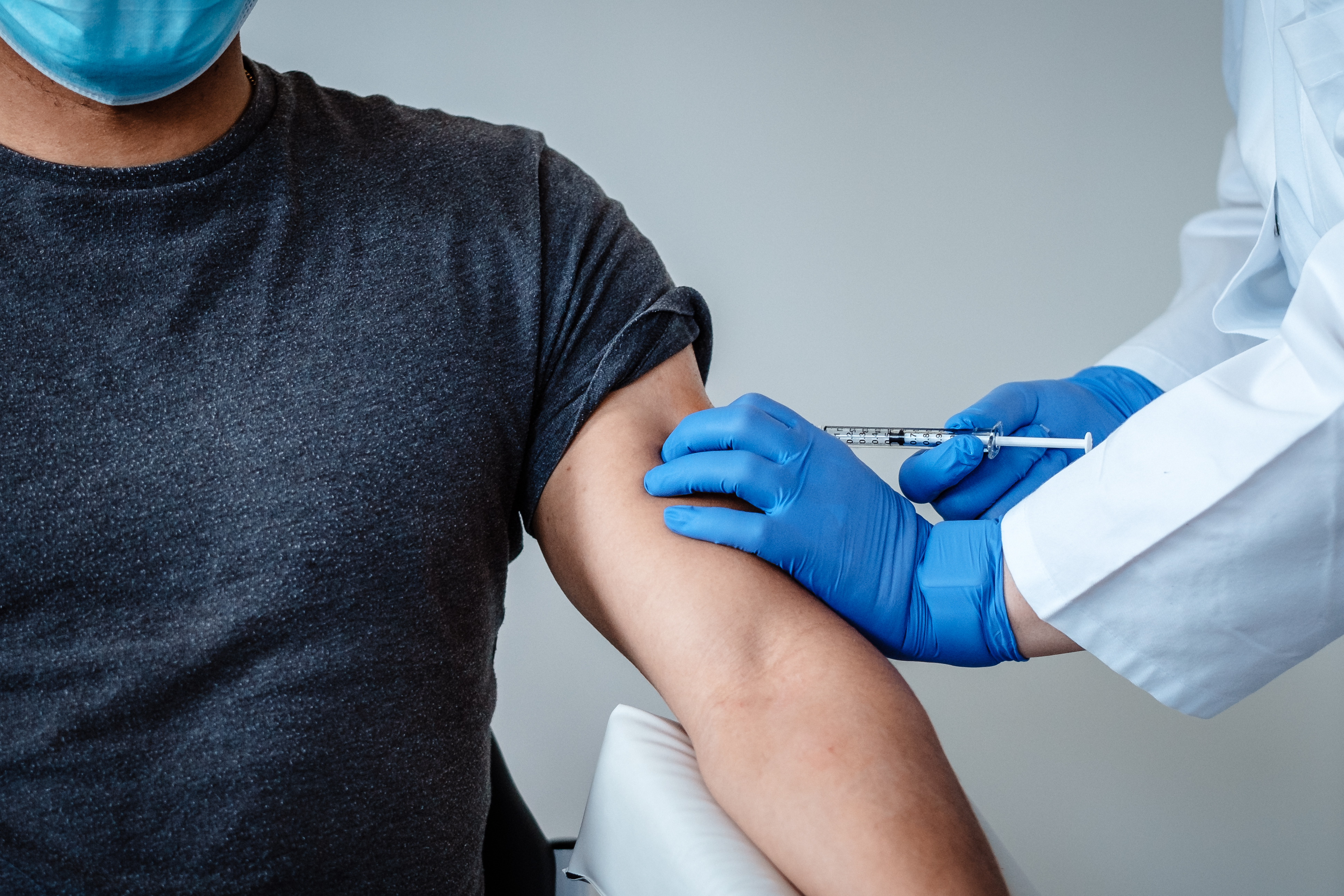Pfizer takes COVID jab with 'enhanced' spike protein into phase 2

Pfizer and BioNTech have started a mid-stage trial of a new version of the COVID-19 vaccine based on a version of the spike protein that they hope will offer greater and broader protection against SARS-CoV-2 variants.
The vaccine, codenamed BNT162b5, codes for "enhanced" prefusion spike proteins from the original wild-type strain of the virus and the Omicron variant that are designed to increase "the magnitude and breadth of the immune response."
The phase 2 trial will test a 30 µg dose of the shot in around 200 adult volunteers in the US who have already received one booster dose at least 90 days before enrolment, said Pfizer. Subjects in the study will be separated into different groups, depending on the number of months since their first booster.
Pfizer and BioNTech note that BNT162b5 is just the first of multiple vaccine candidates which they plan to develop to overcome the relatively short-lived immune response seen with their first-generation shot Comirnaty (BNT162b2).
That starts to lose its potency after a few months – especially with the Omicron variant – according to the Centres for Disease Control (CDC).
The start of the trial comes as vaccine developers are starting to develop new versions of their vaccines in response to Omicron, which has become dominant around the world since first being identified in November 2021.
Pfizer/BioNTech and Moderna – whose mRNA jabs have formed the backbone of the US immunisation effort – have both developed vaccines including sequences coding for wild-type SARS-CoV-2 as well as the BA.1 subvariant of Omicron.
Clinical data show strong neutralising antibody responses against Omicron BA.1, but with less activity against the fast-emerging BA.4 and BA.5 strains.
Pfizer and Moderna have both started regulatory filings for approval of their BA.1-containing boosters, but last month the FDA's Vaccines and Related Biological Products Advisory Committee (VRBPAC) concluded that future booster campaigns against COVID-19 should ideally include vaccines with a component targeting BA.4 and BA.5.
Feature image copyright BioNTech SE 2020, all rights reserved













